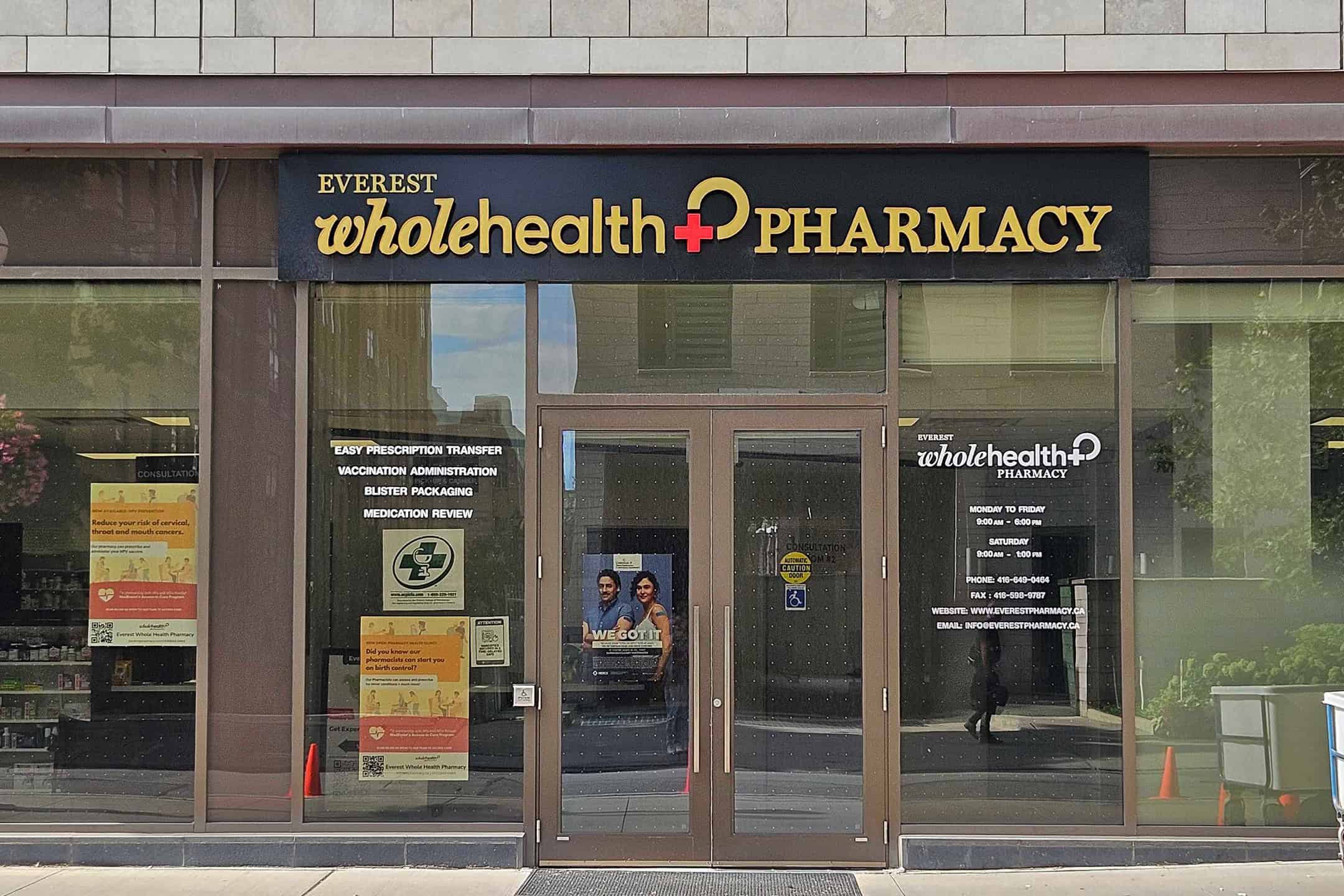Access to primary healthcare — including first contact with the healthcare system and routine care for common health problems — is a significant concern in Ontario, particularly for students and residents struggling to find a family doctor. Primary care physician shortages can lead to increased reliance on emergency services, poorer health outcomes, and fragmented care as patients navigate the health system independently. According to the Ontario Medical Association, approximately 2.3 million Ontarians don’t have a family doctor — a number that could rise dramatically if the issue is not addressed.
International students face additional obstacles, such as unfamiliarity with the healthcare system, language barriers, and limited understanding of their insurance coverage. The University Health Insurance Plan (UHIP) is available to international and exchange students studying at Ontario universities and offers similar benefits to the Ontario Health Insurance Plan.
However, many international students lack knowledge on how to effectively use UHIP’s benefits. The same applies to numerous out-of-province and in-province students. As a result, many students may turn to emergency rooms for conditions that could be managed by a primary care provider, placing additional strain on emergency services.
The Access to Care program: A step forward
In response to the pressing issue of healthcare inaccessibility, some pharmacies across Canada have begun participating in the Access to Care program, offered by MedEssist — U of T’s healthcare startup tech company. The program attempts to tackle how more than one in five Canadians do not have a primary care provider by creating a more accessible avenue to prescribed care.
In particular, pharmacists are well-positioned to offer immediate support for minor health issues, medication management, and preventative care. They can fill the gap left by the shortage of family doctors by assessing and prescribing medication and treatment. The Access to Care program partners with pharmacies to provide prescriptions for birth control, diabetes supplies, inhalers, and more through an easily accessible website. With this program, certain prescriptions can be generated instantly, eliminating the need to visit a hospital or wait in a clinic for basic care.
Access to Care program’s benefits for U of T students
The Access to Care program offers various benefits to students by helping them effectively manage their health. It simplifies access to primary care by making it easier for students to find and receive care. For many non-emergency concerns, students can access care from their local pharmacy through the guided process online. This reduces the time and effort needed to be treated, especially for those unfamiliar with the local healthcare system.
By partnering with local healthcare professionals — with a specific focus on pharmacists — the program ensures that students receive continuous, quality care through a network of easily accessible clinics and pharmacies close to campus. This initiative addresses the specific healthcare challenges students face, facilitating easier access to primary care and helping them better manage their medical needs and maintain good health.
Insights from healthcare providers
Zubin Austin, a professor at the Leslie Dan Faculty of Pharmacy, shared his excitement about the program. In an email to The Varsity, Austin wrote, “We’re proud and so pleased to see our Leslie Dan Faculty of Pharmacy alumni working collaboratively and creatively to solve problems in Canadian healthcare and to improve the lives of patients.”
Healthcare professionals have also expressed enthusiasm about the Access to Care program. Kristen Watt, a pharmacist at Kristen’s Pharmacy, said that the program is a “unique way to leverage the pharmacist’s skills within the current framework of the legal allowable limits.” Watt expressed concerns over pharmacists being “highly underutilized healthcare practitioners” and noted that the program is a unique way to allow patients to access care.
Kumail Remtulla, pharmacist of Everest Whole Health Pharmacy, wrote to The Varsity that the program has allowed pharmacists to be accessible to patients when needed. Remtulla recalled, “For instance, we were able to help a student who recently arrived in Canada and urgently required a prescription for birth control. We looked up the Canadian Equivalent Medication and were able to prescribe it through the Access to Care initiative. Our goal is simple: to ensure patients receive timely care whenever they need it.”
Everest Whole Health Pharmacy is conveniently located near Victoria College. It serves as a familiar hub for students living on or near campus, offering services such as treatment for minor illnesses, vaccinations administration including flu and COVID-19 shots, medication management, and travel health consultations.
Reforming our healthcare system is crucial. The pandemic exposed flaws in the current system, and much work remains to ensure healthcare is equal and universal for everyone. The Access to Care program is one way healthcare professionals are working to bridge the healthcare gap. By streamlining access to primary care, the program helps people obtain care more easily, improving health outcomes and alleviating broader systemic pressures on the healthcare system.



No comments to display.